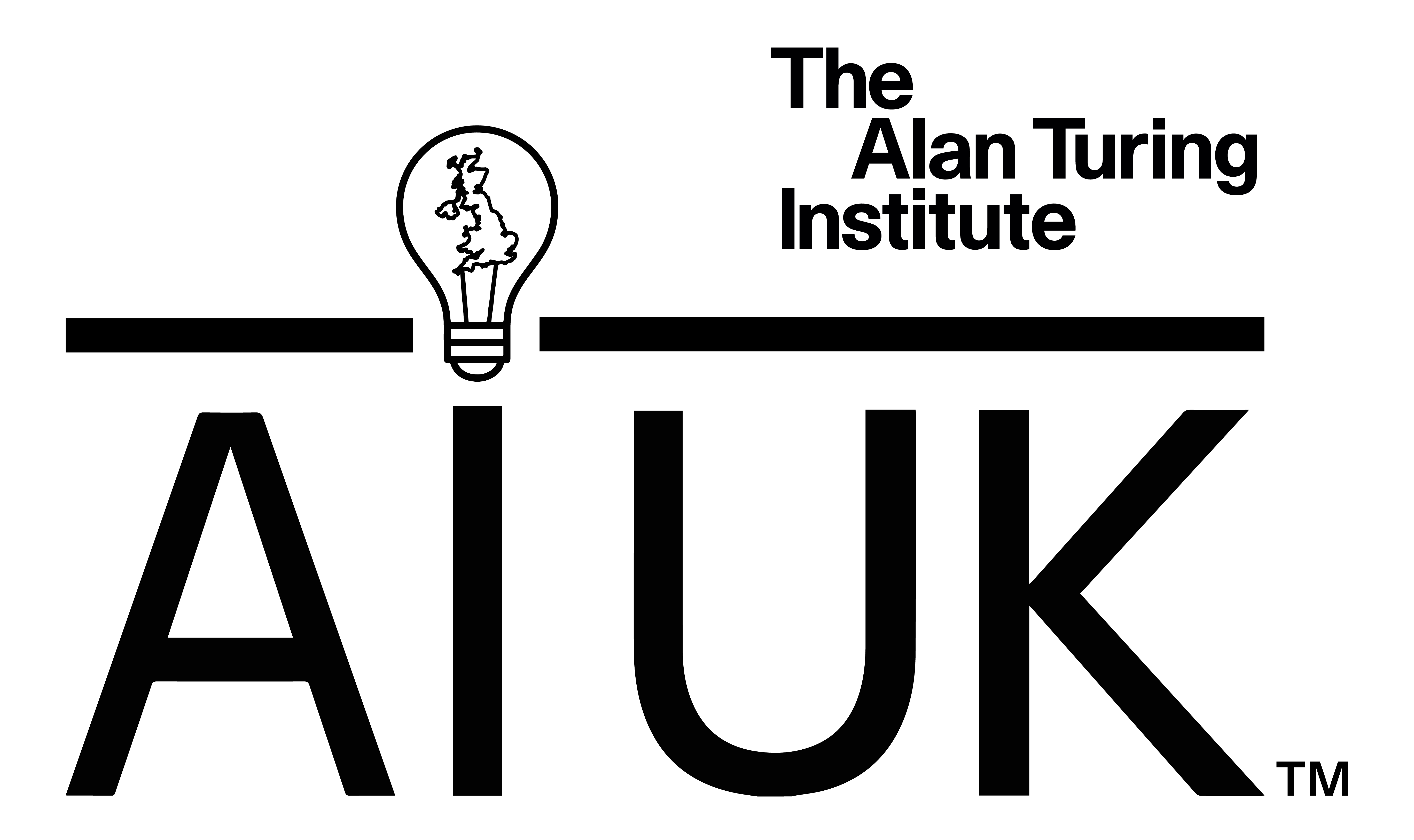

I attended the Turing Institute’s AI UK conference, along with Margaret Colling - a member of our People’s Panel on AI. We were invited to take part in a panel discussion entitled _Nothing About us Without US _with Georgia Aitkenhead and James Scott of AutSpaces, forming two different case studies of public participation approaches. Our panel opened the Futures Stage, which seemed fitting to me as I feel strongly that public visions of what we want from the future should be front and centre in decision making that determines the paths into the future we take, especially with AI.
In our session, I kept my contribution short and simple: inclusivity comes from the starting point of how we frame questions; if I ask “what can the technology do?” then only certain people will be invited to answer, but if I ask “what kind of future do we want?” with technology considered secondary, then everyone can and should be invited to answer.
Margaret shared her experience of being on the People’s Panel, and the journey it has taken her on. She touched on worries and hopes, and the importance of public dialogue to make AI work across society. I think she made it abundantly clear that ‘everyday people’ are perfectly able to engage in conversation about the direction of AI, and after the session many conference delegates came to speak with her to take the conversation forward.
We then saw some AI applications in performing arts, heard about AI use in health diagnostics and the complex issues it presents, and learned about worker experiences in the new forms of labour AI has brought. Margaret also took part in discussions around AI and environment, and the impacts upon and rights of young people.
In the keynote of Professor Dame Angela McLean, Government Chief Scientific Adviser, I posted a question on “what role does public voice have in shaping AI decision making”, and was pleased it was voted to the top. Her answer, however, was disappointing, focusing entirely on how AI could be used to parse and analyse answers in survey open text boxes. Even when prompted by the moderator on the role of methods such as citizen’s juries, Prof McLean maintained a focus on the technology’s use in consultation, not on the role of public voices in shaping the technology.
This is disappointing on two fronts: the lack of consideration given to how diverse methods, from people’s panels to peer research and more, could offer insight that policy makers would benefit from; the lack of critical engagement with the flip side of the efficiency savings from these technologies. On twitter I regularly see examples popping up of AI used to predict/emulate/analyse public opinion, and without exception these are deeply problematic (here’s one such example). We know the biases it replicates in generating text, why would it be any better in analysing it? And this is also a helpful reminder to me that the text box at the end of a survey is still what ‘participation’ means to many.